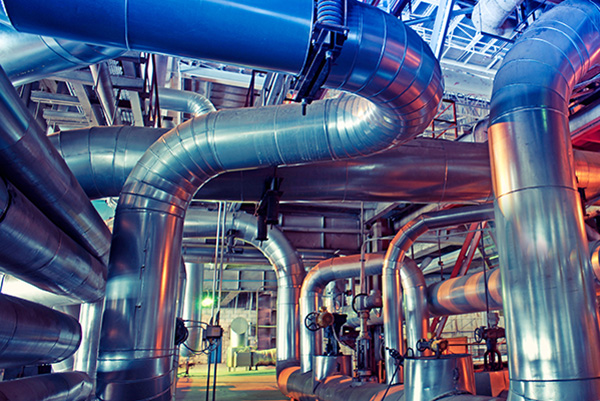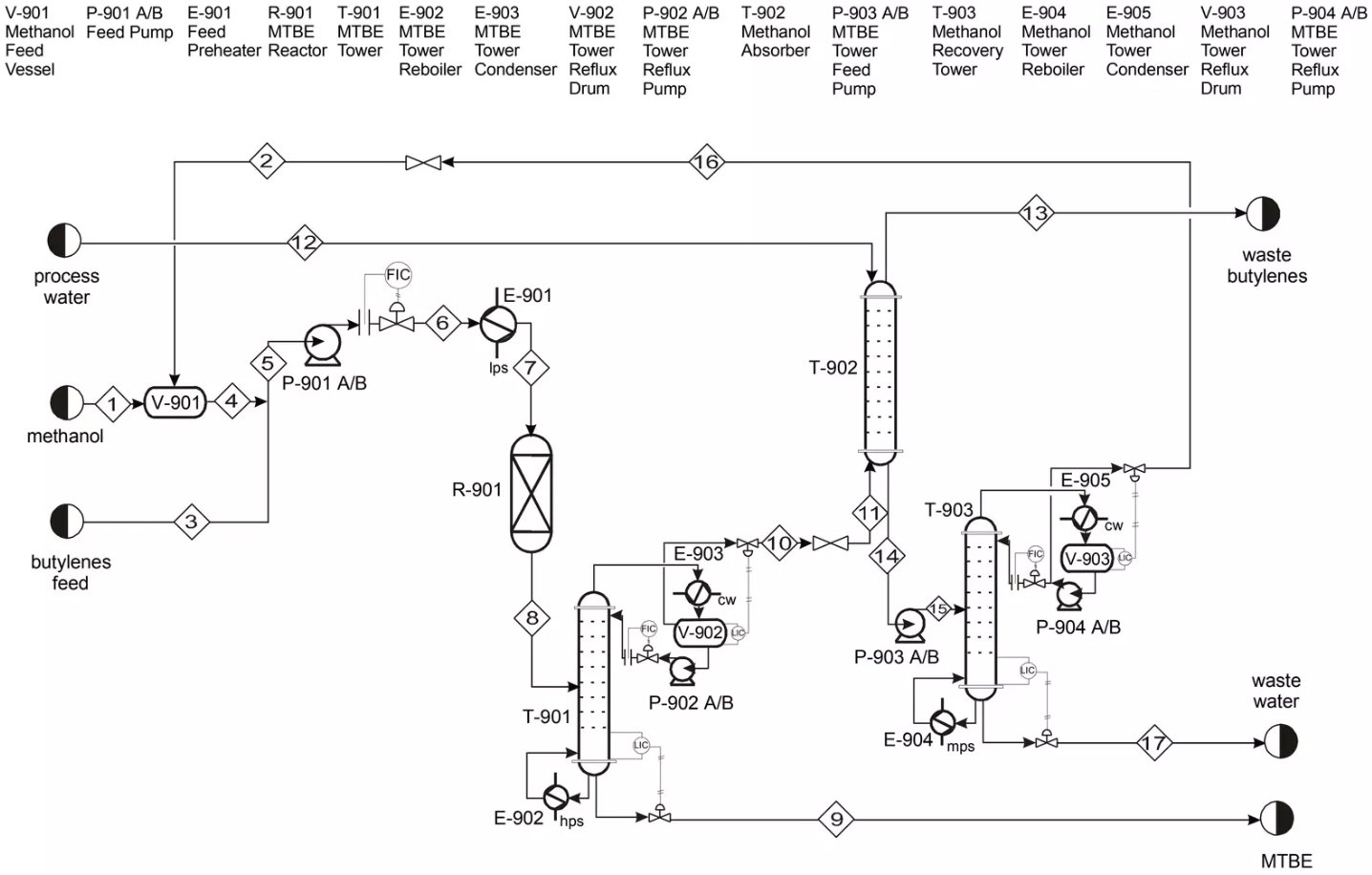Technology Type
- Type
- Etherification of Isoolefins
- Process
- Etherification
-

- #TT44
Description
Your insights will be shown here
Image
| Technology | Owner | Entity |
|---|---|---|

|
Axens SA | |
| Technology | Technology Entity | |

|
Lummus | |
|
|
SAIPEM |
Content provided by
| Transaction | Name | Date |
|---|---|---|
| Modified by |
|
7/16/2025 10:26 AM |
| Added | 2/8/2022 11:37 AM |











